We received a great bunch of questions from a highly educated homeschool mother in Texas who seems to think a lot like we do. I think some of the questions are above my pay grade, but will do the best I can with them. I will start with the last question she sent us because it is on I get asked on a regular basis. I am not sure whether I have the right answer for everyone, but it worked for us.
Question: What is it about a math(y) degree that you think gives college grads an edge over other disciplines? I’m not questioning your statement; I am genuinely asking to learn the reasoning behind it. I had no career counseling and studied a liberal arts degree, and was then awarded a full scholarship and a fellowship for a PhD at Stanford, but ended up not using any of that in my real life. :-/ I am determined to do better by my children.
Response: Part of the reason, we wanted the kids to get a strong math base first was exactly what you articulated. We definitively are not a gifted musical family although both the kids now are competent with their chosen instruments. They certainly were not going to be able to make a living with their music. That being said, it was not even close to being the most important reason. A lot of it had to do with our circumstances and our personal educational goals.
I think the reason so many people go on to higher education these days is because the level of academic rigor at most traditional schools is so low. It is hard to get a decent job with the skills learned in high school so most people go on to at least community college, an apprenticeship or something of that nature. That seems true to the extent that a Bachelors degree has become the new high school diploma. We wanted more than that for the kids, so we wanted them to go on to at least to a Masters degree so they would have a better opportunity to get a good job. The Masters degree seems to have now become the new Bachelors degree in terms of differentiating people in the workplace.
Like your kids, we figured out pretty early on that they would finish high school early and we knew they would go on to graduate school, so we wanted to do the best we could to prepare them to get into decent programs at that level. They were never going to get a Juilliard MFA or entry into the Pasadena Art Center College of Design or Pratt Institute, so they needed a way to differentiate themselves from others competing to get into the graduate programs they wanted.
With Christian, it was easy. He is a math guy and I know that world. So he studied math with lots of engineering electives and was good to go. He studied math because that is what he wanted to do in the workplace.
It was harder with Kelly. She did not want to be an engineer, mathematician or scientist of any kind. She wanted to work in the liberal arts. At any rate, Kelly’s goal was to prepare herself to get into the best graduate program possible in an area like Journalism, Sociology, or Marketing. We talked to a lot of people about this. Virtually all of them said it was possible to get into such programs with a “same field” undergraduate degree, but end up spending the vast bulk of their first two years learning the math based tools (statistics, big data, programming) they need to work in the field.
We were told that if someone were to get a degree in statistics or math, concentrating on learning the technical tools to perform social science research and using all their electives to study their liberal arts field, they would be royalty in whatever liberal arts program they entered. We found that to be true in practice. Kelly got into a great program under one of the top professors of Marketing Strategy in the country at University of Washington specifically because she could hit the ground running on her research as opposed to waiting for two years while she learned the tools.
The funny deal is that we have found out anecdotally that this is true of the Biological sciences, Medicine, Chemistry and other fields. My opinion is that the level of complexity, the intellectual rigor and the focus required to perform well at the higher levels of math is greater than most fields (cavaet–I get that the creativity, crazy amount of work and intellectual intensity to perform in the arts is without par, partly because there are often no “right” answers and there is aesthetic involved. I envy those who can do that–I am not one of them). Kelly is doing well and loving her Marketing Strategy PhD.
The difficulty of her program is the shear volume of work she has to do. There is intellectual rigor, too, but nothat rigor is different than that of a math(y) program. It is interesting to me, though, that the questions she is asking in her research are as interesting and important as those Christian is studying in his work on Information Theory. That surprised me. In addition, the increased need for free creative thinking and the concept that there are many “right” answers as opposed to just one in Math is invigorating but difficult.
Betty Blonde #253 – 07/08/2009
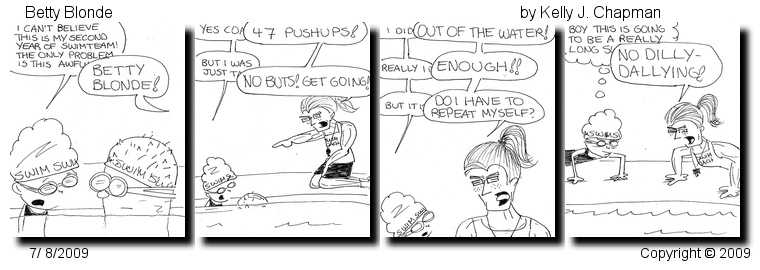
Click here or on the image to see full size strip.
 If I have the time right, Christian, at this very moment, is presenting his Information Theory research at MIT Lincoln Laboratory. This is the first time he has done this kind of formal presentation (with a tie and all that). It is the culmination of a full year of research in a brand new (to Christian) area of Mathematics and Electrical Engineering. Lorena and I are on pins and needles waiting to hear how it went. If all goes well, this should eventually turn into a refereed conference paper and, with expanded research and content, possibly even a refereed journal article.
If I have the time right, Christian, at this very moment, is presenting his Information Theory research at MIT Lincoln Laboratory. This is the first time he has done this kind of formal presentation (with a tie and all that). It is the culmination of a full year of research in a brand new (to Christian) area of Mathematics and Electrical Engineering. Lorena and I are on pins and needles waiting to hear how it went. If all goes well, this should eventually turn into a refereed conference paper and, with expanded research and content, possibly even a refereed journal article.


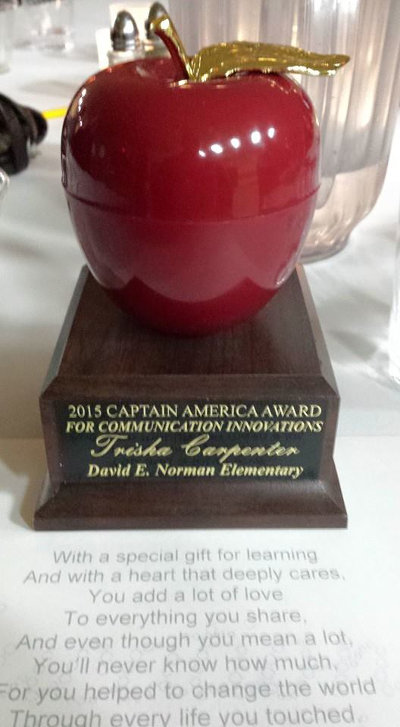 I talk with my cousin and favorite government school teacher,
I talk with my cousin and favorite government school teacher, 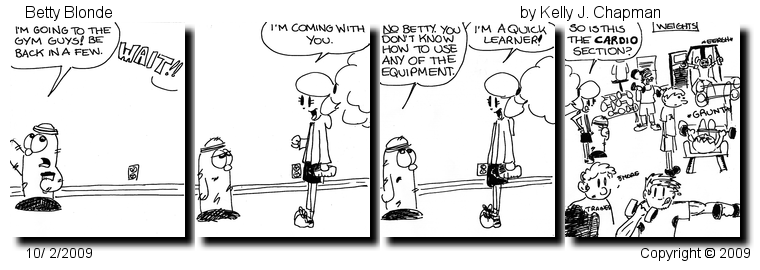

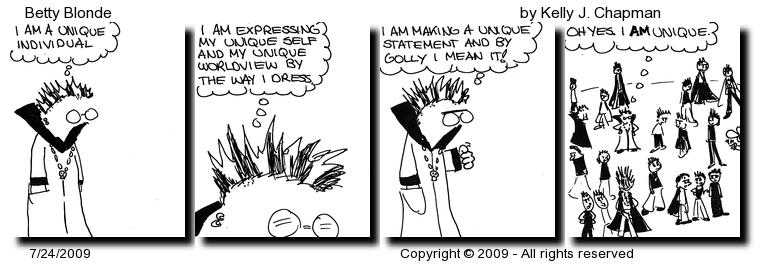


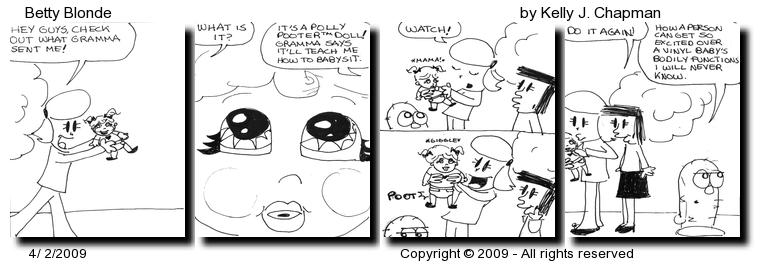
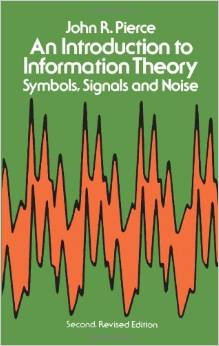 I usually wimp out when it comes to learning
I usually wimp out when it comes to learning 
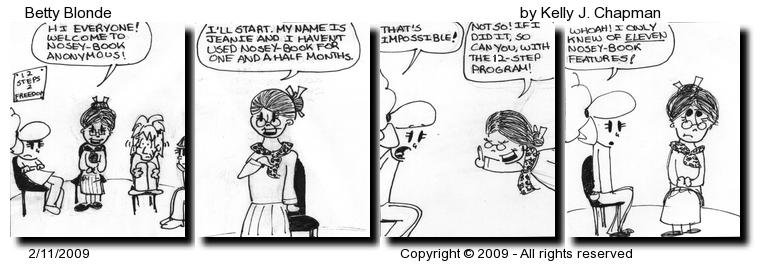
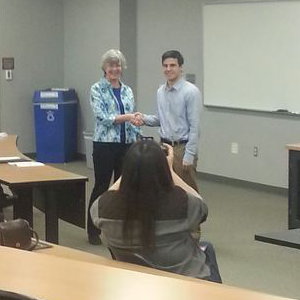
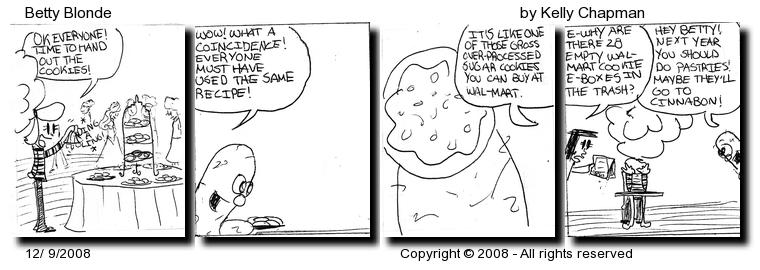
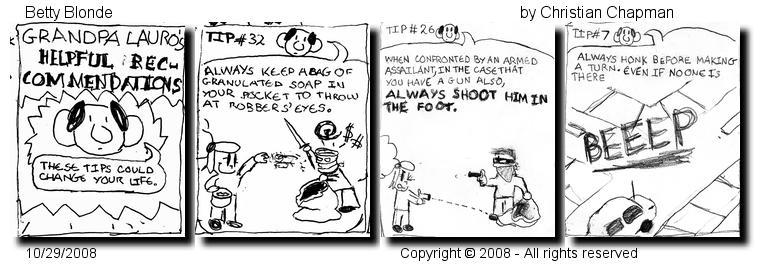
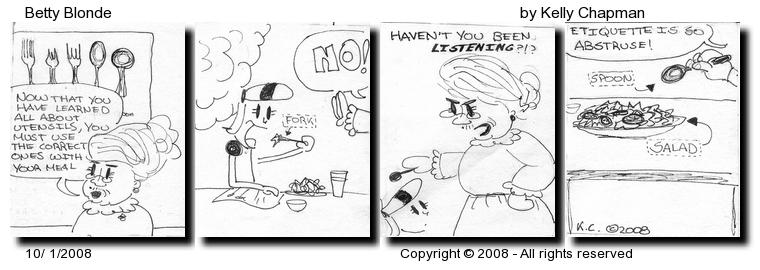

 I think this is certainly true. It is not fashionable to study the hard stuff. And the interesting thing is that there are more jobs available for people who study the “kind of” hard stuff (I imagine that means studying through Calculus, Diff Eq, and that sort of thing) than those who study the REALLY hard stuff like high level math and statistics (Real Analysis, Mathematical Statistics, and the hard proofs classes after that). Here is the quote from the article:
I think this is certainly true. It is not fashionable to study the hard stuff. And the interesting thing is that there are more jobs available for people who study the “kind of” hard stuff (I imagine that means studying through Calculus, Diff Eq, and that sort of thing) than those who study the REALLY hard stuff like high level math and statistics (Real Analysis, Mathematical Statistics, and the hard proofs classes after that). Here is the quote from the article: